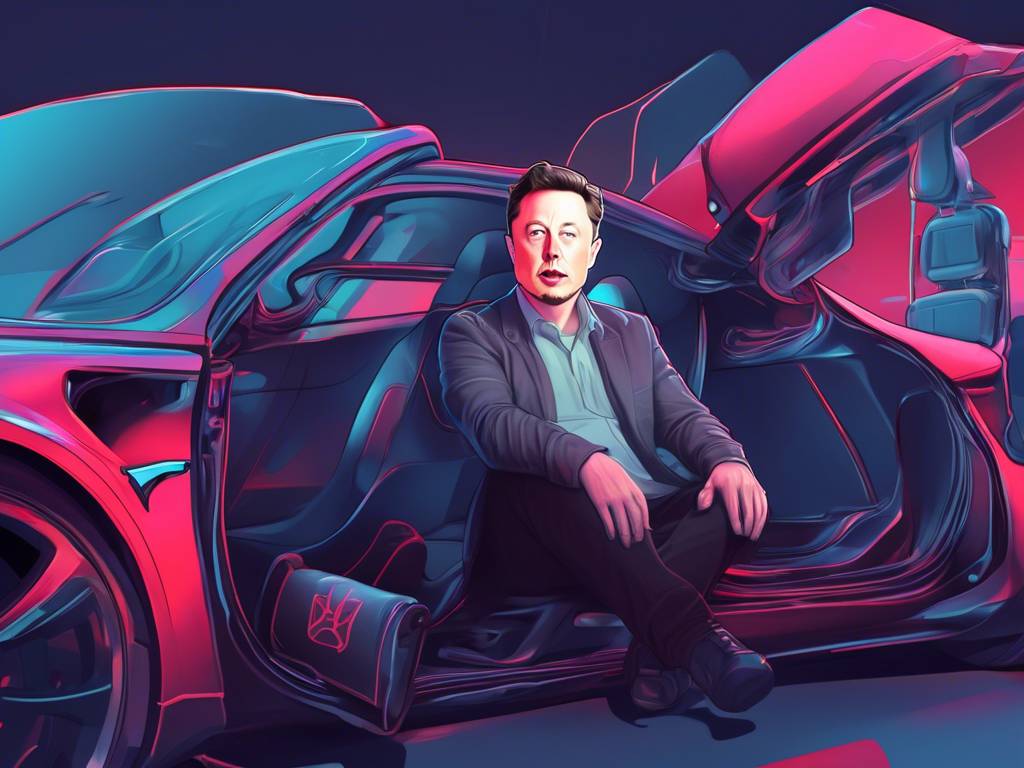Tesla’s plummeting share prices have raised investor concern and prompted analysts to downgrade their predictions for the company’s performance. The decline of more than 33% year-to-date has made the EV giant a top laggard in the Magnificent Seven group. Ross Gerber, CEO of Gerber Kawasaki Wealth and Investment Management, has weighed in on the issue, saying that shareholders are evidently losing patience with Elon Musk’s management of the company. Gerber believes that the fall in share prices infringes the original story investors had in mind for Tesla, which did not include Musk’s behavior on Twitter. He suggests that Musk’s recent actions, such as the Don Lemon debacle, have additionally harmed demand for the company’s products and have had a direct impact on margins, returns, and profitability.
Gerber admits that evaluating a company like Tesla that initially started as a car company, then became known as a software company, and now encompasses Musk’s personality, is no easy task. However, he states that the way they have always assessed the company is as a tech company. Tesla traded around 100 times forward earning in 2021; Gerber believes that the most realistic method of assessing fair multiple valuations for the company is to compare Tesla with Ford, Microsoft, Nvidia, Google, Apple, or the Magnificent Seven group. In the latest earnings call, Elon Musk stated that he does not plan to build AI at Tesla, despite many Tesla bulls claiming that Tesla was an AI company. Gerber states that Tesla’s technology lies in its battery technology, scaling of advanced battery technology for utility companies, and EVs, in which Tesla has excelled in scaling and creating miles ahead of the competition.
Gerber emphasizes that the misinformation about EVs continues to rise as Tesla has gained more success in the market share against gas cars. He said Tesla is undoubtedly a successful company, but for it to move to the next level, there needs to be a change in strategy. Gerber highlights the threat posed by Chinese EVs and believes that Tesla will have to compete head-on in China and provide lower-price alternatives to remain competitive. He sees a positive outlook for EVs on a global scale and believes that there will be mass adoption of EVs in the next decade.
In conclusion, there are concerns over Tesla’s ability to compete in the market and maintain its market share, given rising competition from Chinese EV makers. Elon Musk’s behavior has further added to investors’ worries about the company’s prospects, with the CEO’s sunken Twitter comments taking a toll on the demand for Tesla’s electric cars. Tesla will need to change its marketing strategy and find ways to remain competitive in the market to restore investors’ confidence.





 By
By

 By
By
 By
By

 By
By